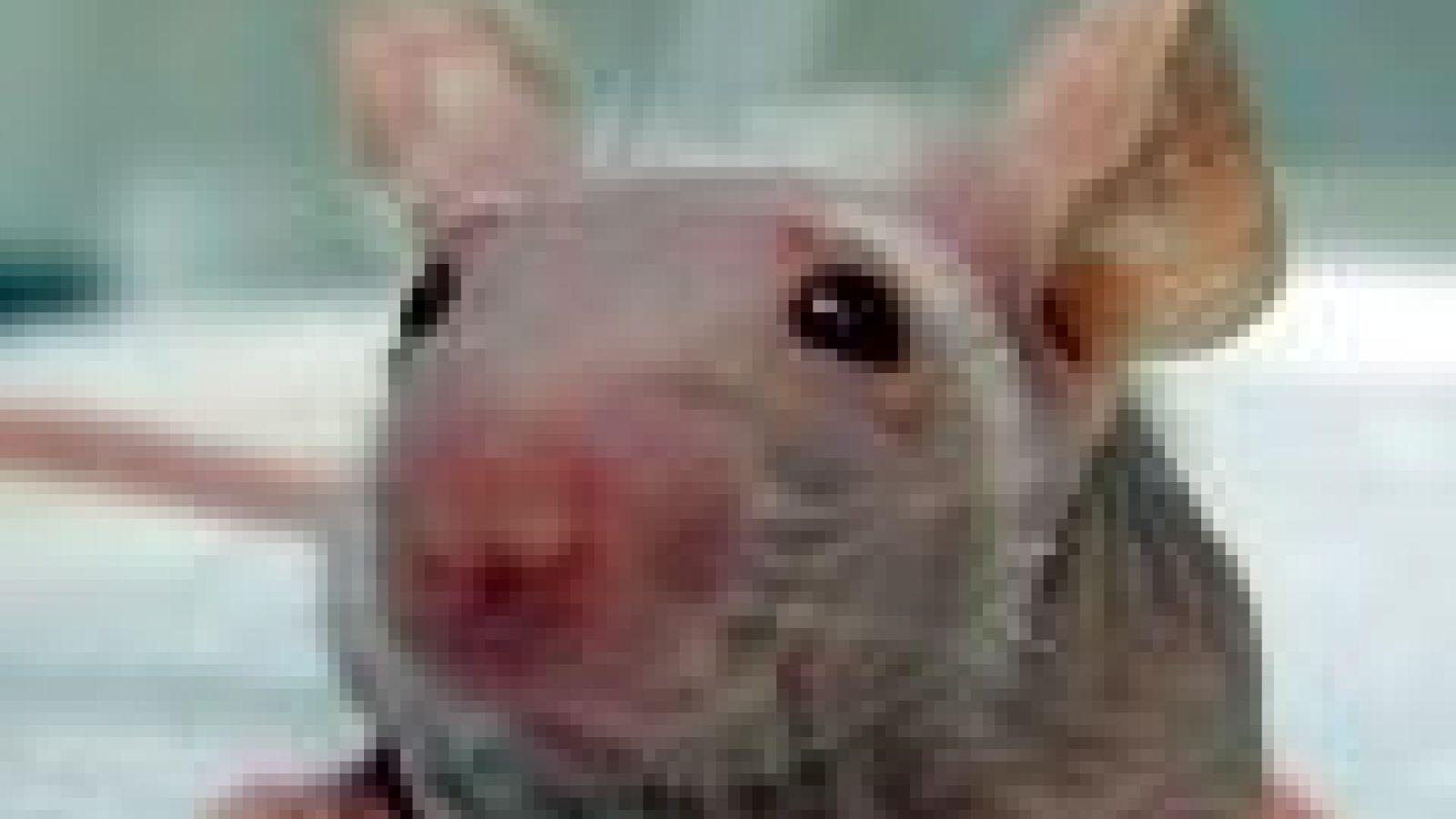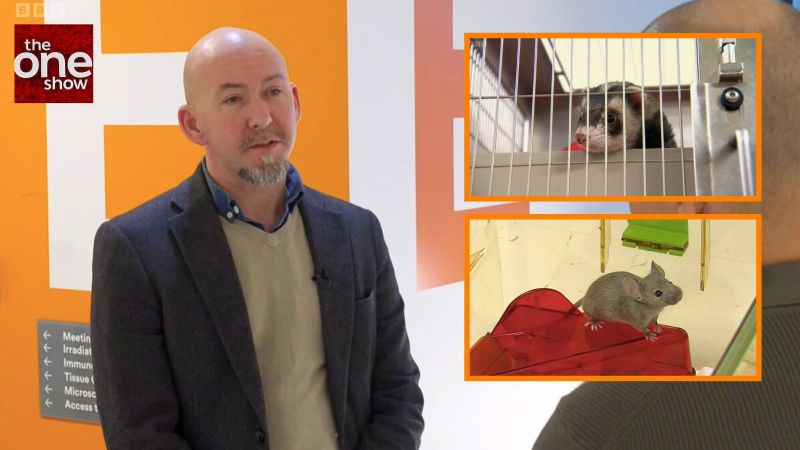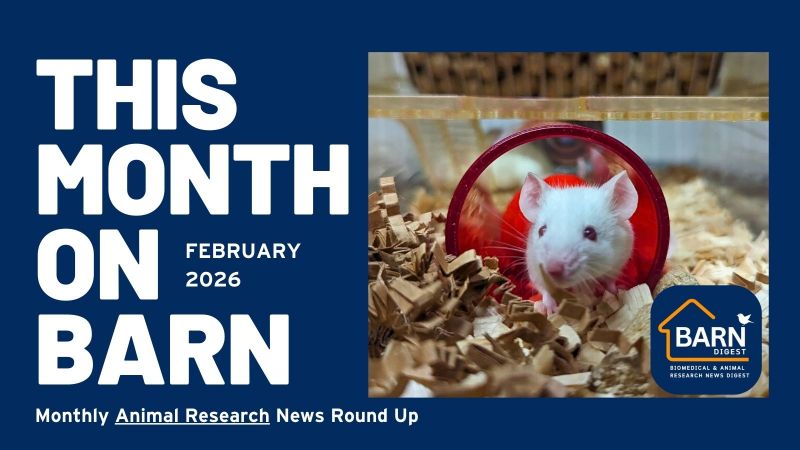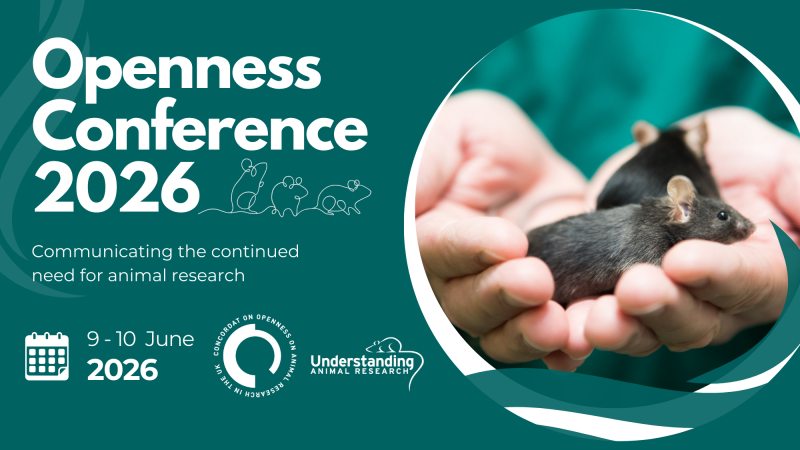
Text to go here...
 For the first time scientists will be able to study the development of human testes in mice. These mice will be used to look at the origins of a type of testicular cancer that is quite common in young men.
For the first time scientists will be able to study the development of human testes in mice. These mice will be used to look at the origins of a type of testicular cancer that is quite common in young men.
It was already known that TGCC testicular cancer originates from the abnormal development of cells in fetuses. But how and why this happens has been impossible to explore before now, because researchers were unable to study testicular development in fetuses during pregnancy.
Human types of TGCC do not occur in laboratory animals and the tissue cannot be studied in the test tube as it does not survive or develop normally. So researchers applied for approval to take testicular tissue from aborted human fetuses. The fetuses used had been aborted at nine weeks and between 14—18 weeks and only from women who had given consent. None of the terminations were related to fetal abnormalities.
Following approval, the team grafted the tissue into mouse models with compromised immune systems so they could accept the transplant. They were able to watch the testicular grafts developing normally over a six-week period.
The mice should be useful for determining the causes of testicular cancer and disorders of sexual development (DSDs) known to be caused by abnormal testicular development. For instance, it should be possible to work out the role, if any, of exposure to environmental chemicals during pregnancy.
Last edited: 11 January 2022 10:18



